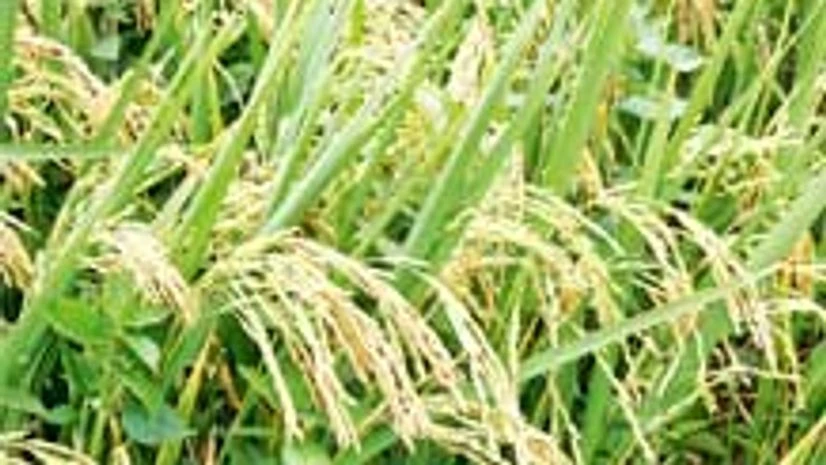After falling to four-year low in September, the world food price stabilised in October on a recovery in sugar and vegetables oil prices.
Data compiled by the Food and Agricultural organization (FAO) of the United Nation showed its monthly Food Price Index dipped to 192.3, its seventh consecutive monthly decline, but a marginal 0.2% drop from its revised September figure.
While cereal price continued to decline on record harvest estimated for wheat and maize, sugar and vegetables price rose significantly.
Drought in parts of Brazil is estimated to have affected cane crop resulting into sugar price index rising by 4.2 points to 237.6 points. Despite the month's gains, international sugar prices remain more than 10 percent below their October 2013 level.
The vegetable oils sub-index rose for the first time since March, clocking in at 163.7 points in October, up 1.0% or 1.6 points from September. Palm oil production slowdowns in Indonesia and Malaysia combined with a revival in global import demand sustained the increase.
Soy oil prices weakened due to robust North American harvest prospects, while sunflower seed oil quotations rose due to smaller than expected harvests in the Black Sea region. The oils index is down 12.9 percent from October 2013.
The rise in vegetable oil and sugar prices, however, were compensated by the fall in dairy and meat prices.
FAO reported 1.9% fall in dairy prices, as butter and milk powder prices dipped due to increased output in Europe, where many producers are grappling with Russia's ban on cheese imports.
The sub-index for dairy products dropped to 184.3, down 3.5 points from September, and 66.8 points, or 26.6 percent down from October 2013.
Similarly, meat prices also broadly declined, as pig production recovered in several countries hit by endemic porcine diarrhoea and growing cattle herds in Australia pushed down beef prices. FAO's Meat Price Index fell by 1.1% or 2.3 points from September to 208.9, still more than 10 percent above its level a year ago.
Meanwhile, the Cereal Price Index, which fell sharply over the summer as global wheat and maize production appeared set for record harvests, was broadly stable at 178.4 points in October as maize harvest delays in the United States and deteriorating prospects for Australia's wheat crop led to firmer prices.
More From This Section
Rice prices declined, however, as newly harvested supplies came to market. The cereals sub-index is now down 9.3 percent, or 18.2 points below the level one year ago.
Overall, the Food Price Index is at its lowest levels since August 2010. The shifts come as FAO raised its forecast for a record global wheat output this growing season.
The forecast for world cereal production has been lowered marginally since October, to 2 522 million tonnes, now 3.7 million tonnes below the record production in 2013.

)
